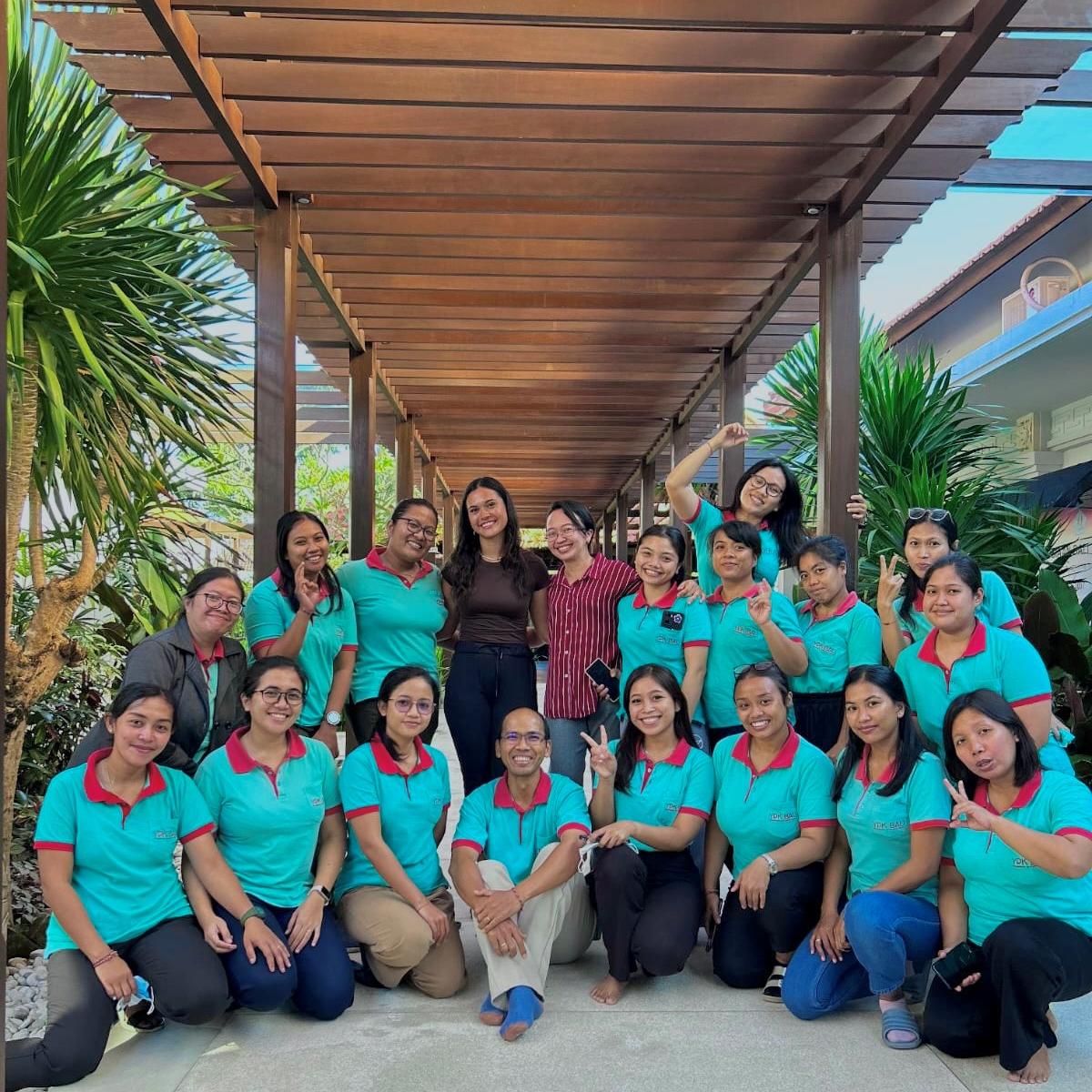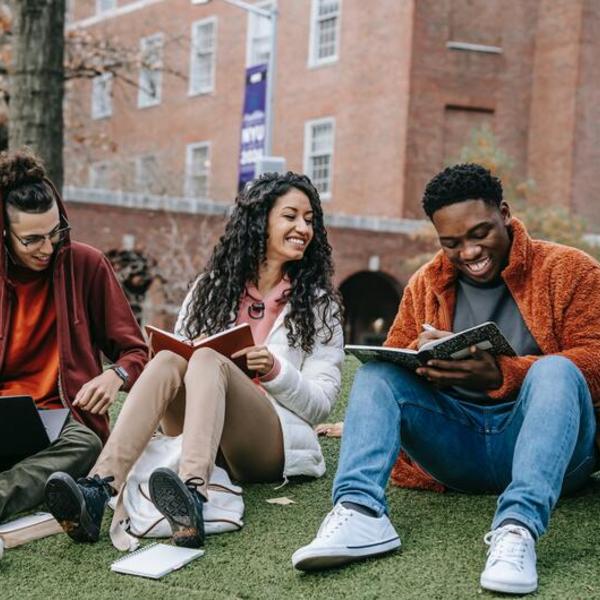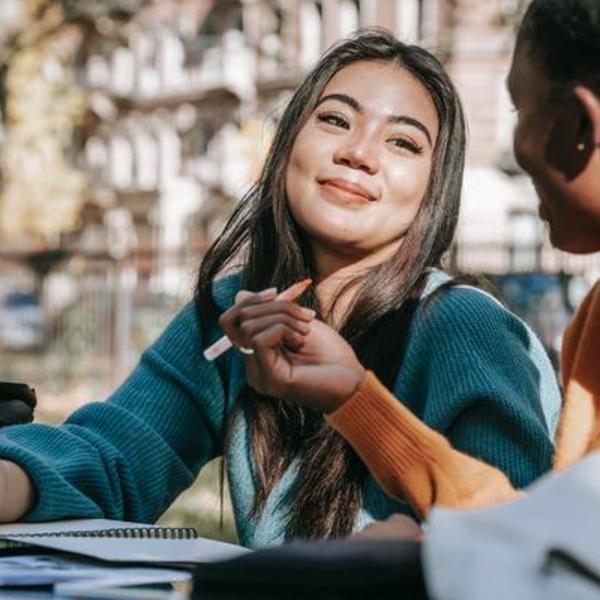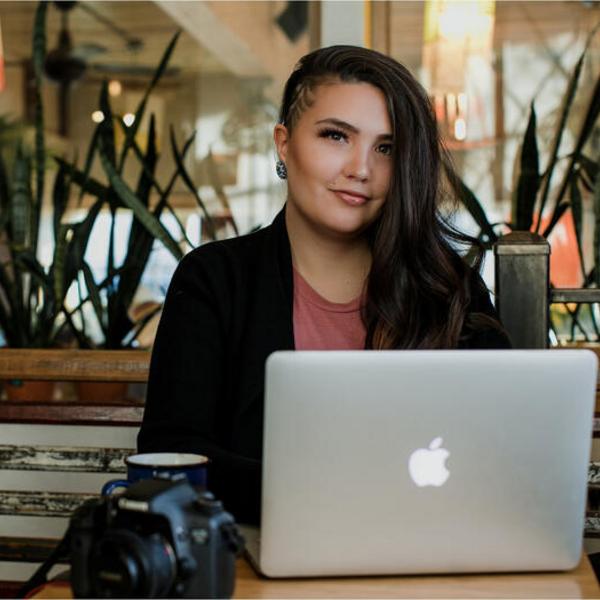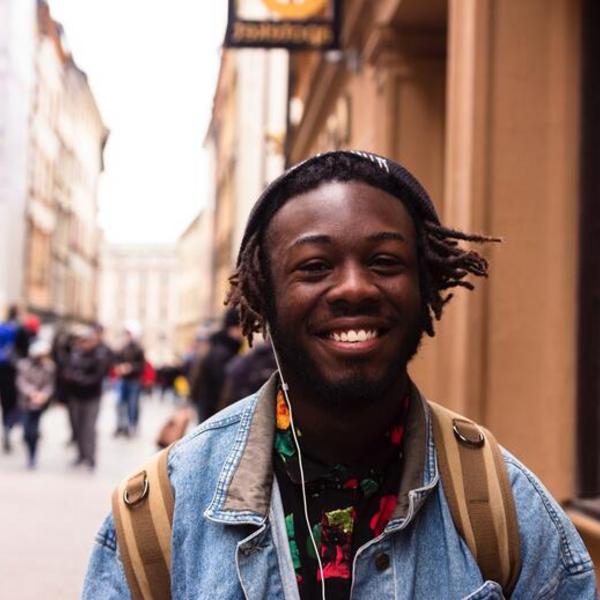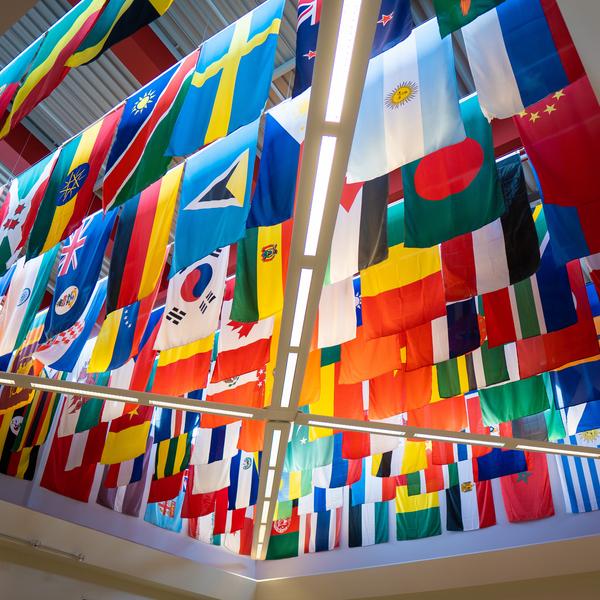Our Programs
Field Schools
Field Schools are uniquely designed by VIU faculty, in collaboration with VIU International Mobility, and often vary in length from 8 days to 6 weeks.
Exchange
Study in English at one of our partner universities around the world for 1 or 2 semesters and earn valuable transfer credit towards your degree.
Our Programs
Internships and Practica
Pursue experiential learning opportunities through international internships and practicum placements and gain valuable hands-on experience in your field.
Partner programs
Condensed and immersive, our partners' offer programs in language and culture, business and more in two to six weeks.
Connect with International Mobility
1-on-1 Appointments
Connect with International Mobility Advisor in-person in Building 255, over the phone or virtually.
Student Exchange Support Drop-In Session
Every Tuesday 11am-12pm, Building 255 Room 205
* Until April 29, 2025

Events
Blog Posts
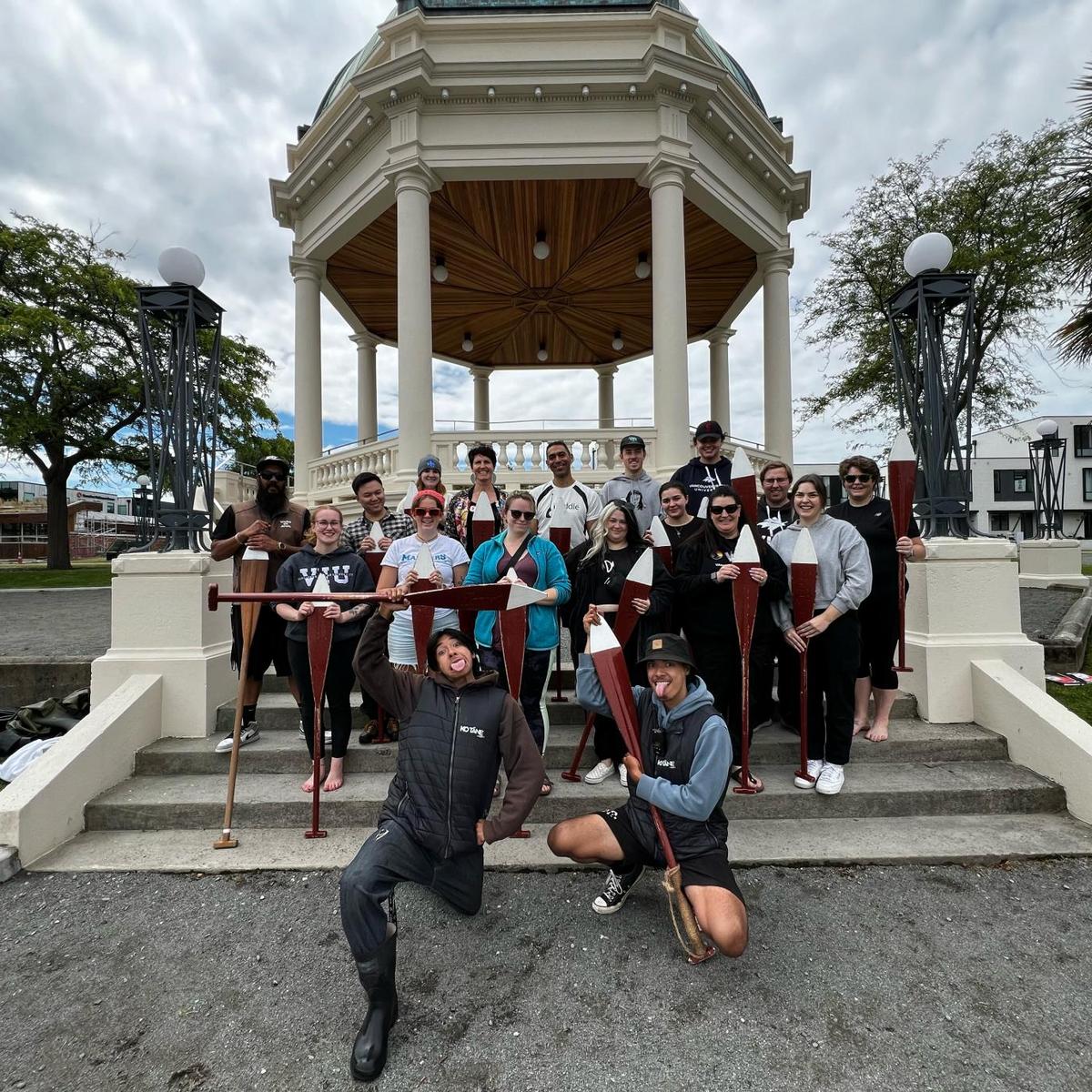
Five things we learned in Aotearoa (New Zealand)
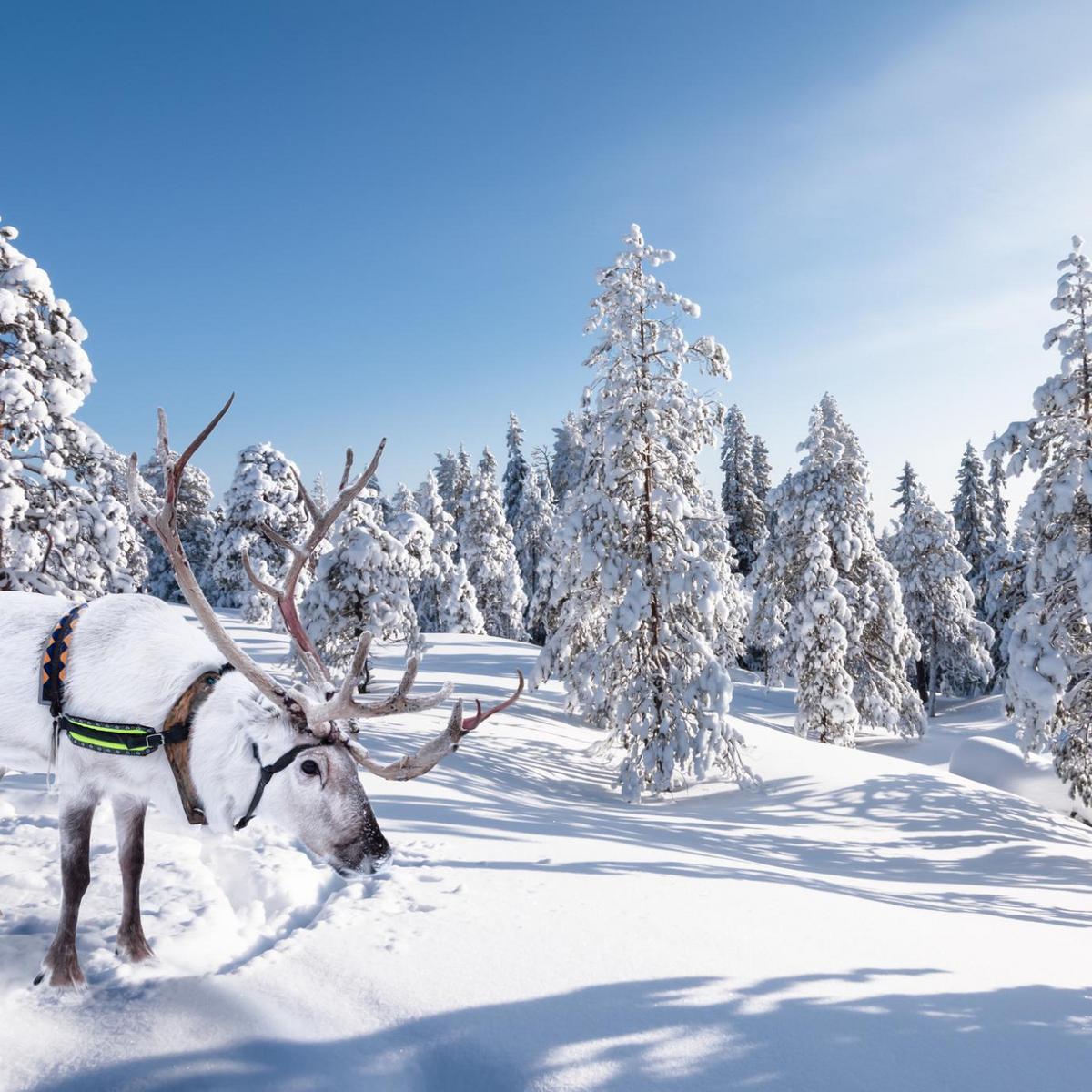
Studying tourism in Finland’s Arctic
